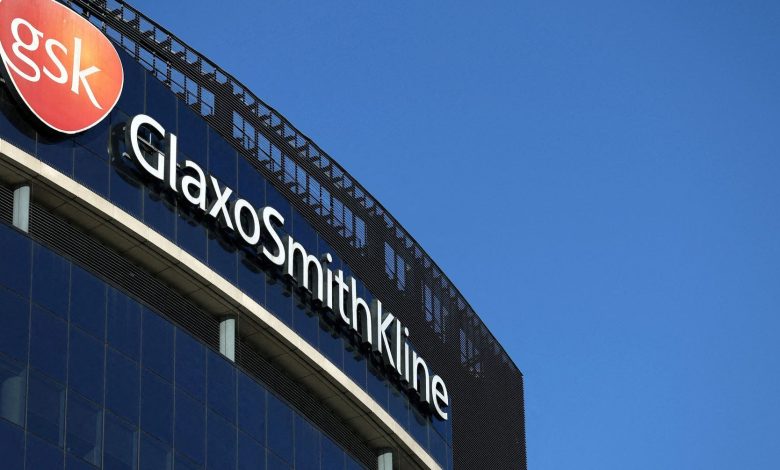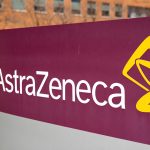GSK Expands Respiratory Portfolio through $1.4 Billion Aiolos Bio Deal

British pharmaceutical giant GlaxoSmithKline (GSK) announced a strategic move to bolster its respiratory diseases portfolio with the acquisition of Aiolos Bio for a significant sum of $1.4 billion. The deal, comprising a $1 billion upfront payment and an additional $400 million contingent on specific success-based regulatory milestones, underscores GSK’s commitment to advancing its capabilities in the respiratory health sector.
The acquisition is poised to contribute to GSK’s already growing respiratory portfolio, driven by the successful launch of its respiratory syncytial virus (RSV) vaccine. This move is in line with the company’s broader strategy to strengthen its position in key therapeutic areas.
Aiolos Bio, a biopharmaceutical company established in 2023, specializes in the development of a promising drug intended for late-stage trials targeting the treatment of adult patients with asthma. GSK’s decision to integrate Aiolos Bio into its portfolio aligns with the growing global demand for innovative solutions to address respiratory conditions, which remain a significant healthcare challenge worldwide.
The deal highlights GSK’s focus on expanding its product offerings in respiratory medicine and underscores its confidence in Aiolos Bio’s potential to bring forward a groundbreaking treatment for adult asthma patients. GSK aims to leverage Aiolos Bio’s expertise and drug development capabilities to further advance its commitment to respiratory health.
As the pharmaceutical landscape continues to evolve, GSK’s strategic acquisition demonstrates the company’s dedication to meeting the unmet medical needs of patients and reinforces its position as a leading player in the global healthcare sector.
The transaction is subject to customary closing conditions and regulatory approvals, and it is expected to close in the coming months. The success of this deal is anticipated to have a positive impact on GSK’s market standing, as it continues to innovate and address critical healthcare challenges.





